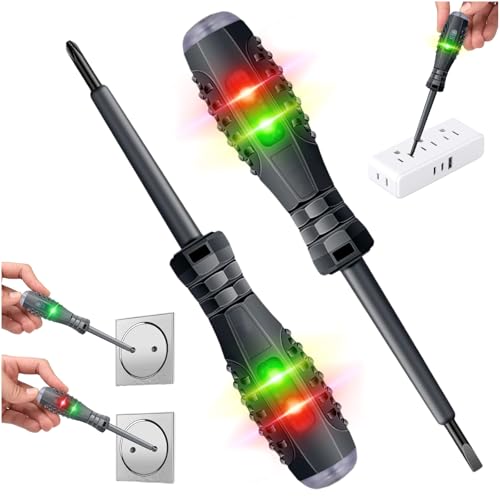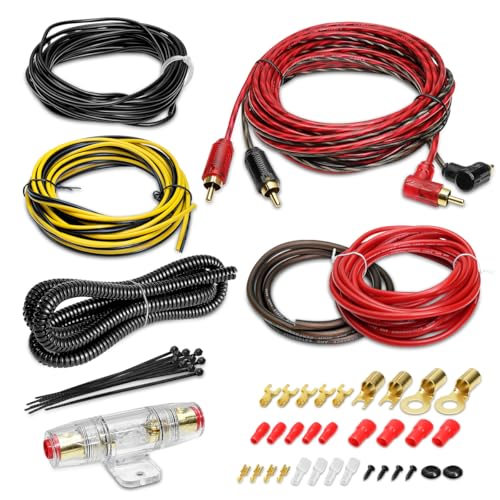It is no good imho saying it is not explicitly banned like a "caravan" so it is okay to ignore the potential issues.
Remember the caravan act sets out the legal definition of a "caravan" and in point of fact a "caravan" does not need to be on wheels to qualify. A portable building that can be moved by lifting with a crane and just sits on basic supports (i.e. a container) fits the legal definition of a "caravan"
A Caravan.. by definition of BS7671.. (regs wot we work to)..
IS actually a trailer leisure accommodation vehicle, used for touring.. designed to meet the requirements for the construction and use of road vehicles.. Similar reference is made to Motor Caravans & Leisure accommodation vehicles..
If when we say container.. We mean a typical shipping container.. (Maybe with some lights & power put into it)...
I cannot see how that could ever be considered a Caravan, Motor Caravan, Leisure accommodation vehicle or Boat...?
Nor is it on a Campsite or Marina...?
(708 relates to campsites.. not the bods and accommodation types that are using them, caravan, camper, tent etc..)
So any regulations specific to these "Special Locations" do not apply.
However.. If anyone did have any concerns about faults relating to losing an earthing connection external to the property..
Regulation 411.4.2 has noted that with TN installations an addition earth point such as by a rod could be added at the origin of the installation..
That has been a 'Note' since 17th ed Red book.... 2008
Or in the current (brown) book it is actually a Recommendation {third paragraph}!
I think this is more to do with passing the buck from the DNO's to provide a reliable earth connection!
but I may be wrong???

































































